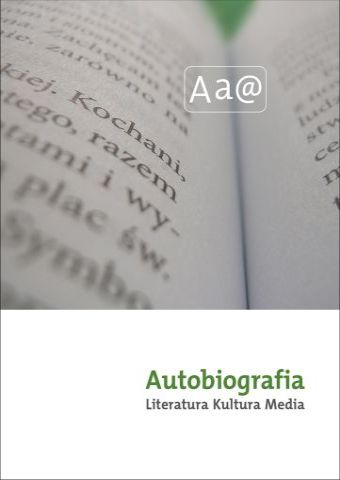






| Authors: |
MAŁGORZATA
ŁUKIANOW

Polska Akademia Nauk MATEUSZ MAZZINI 
Polska Akademia Nauk |
| Keywords: | diaries COVID-19 pandemics collective memory martial law Word War II |
| Data publikacji całości: | 2020 |
| Page range: | 11 (215-225) |
| 1. | Literatura |
| 2. | Chałasiński, Józef. „Pamiętnikarstwo jako świadectwo przeobrażeń narodu polskiego”. W: Pamięt¬niki Polaków 1918–1978. Antologia pamiętnikarstwa polskiego, red. Bronisław Gołębiowski, Mie¬czysław Grad, Franciszek Jakubczak, 7–20. Warszawa: Ludowa Spółdzielnia Wydawnicza, 1982. |
| 3. | Hirsch, Marianne. The Generation of Postmemory: Writing and Visual Culture after the Holocaust. New York: Columbia University Press, 2012. |
| 4. | Kersten, Krystyna, Tomasz Szarota. „Materiały pamiętnikarskie z dwudziestolecia Polski Ludowej (Uwagi krytyczne i próba systematyzacji)”. Kwartalnik Historyczny 2 (1964): 505–517. |
| 5. | Olick, Jeoffrey. „Collective Memory: The Two Cultures”. Sociological Theory 17 (1999): 333–348. https://doi.org/10.1111/0735-2751.00083 |
| 6. | Róg-Świostek, Mieczysław, Zdzisław Lubowicz, Wanda Chodorowska. Wspomnienia chłopów z lat 1939–1948. T. 1–4. Warszawa: Książka i Wiedza, 1969. |
| 7. | Welzer, Harald. „Re-narrations: How pasts change in conversational remembering”. Memory Stu¬dies 3 (2010): 5–17. https://doi.org/10.1177/1750698009348279 |
| 8. | Znaniecki, Florian. „Znaczenie dokumentów autobiograficznych dla badań socjologicznych”. Kul¬tura i Społeczeństwo 3 (1970): 117–128. |
| 9. | Materiały niepublikowane |
| 10. | Pamiętnik kobiety, ur. 1987, sygn. P94. |
| 11. | Pamiętnik mężczyzny, ur. 1975, sygn. P99. |
| 12. | Pamiętnik mężczyzny, ur. 1988, sygn. P105. |
| 13. | Pamiętnik kobiety, ur. 1965, sygn. P120. |
| 14. | Pamiętnik kobiety, ur. 1982, sygn. P228. |
| 15. | Pamiętnik kobiety, ur. 1983, sygn. P291. |
| 16. | Pamiętnik kobiety, ur. 1971, sygn. P299. |
| 17. | Pamiętnik kobiety, ur. 1942, sygn. P307. |